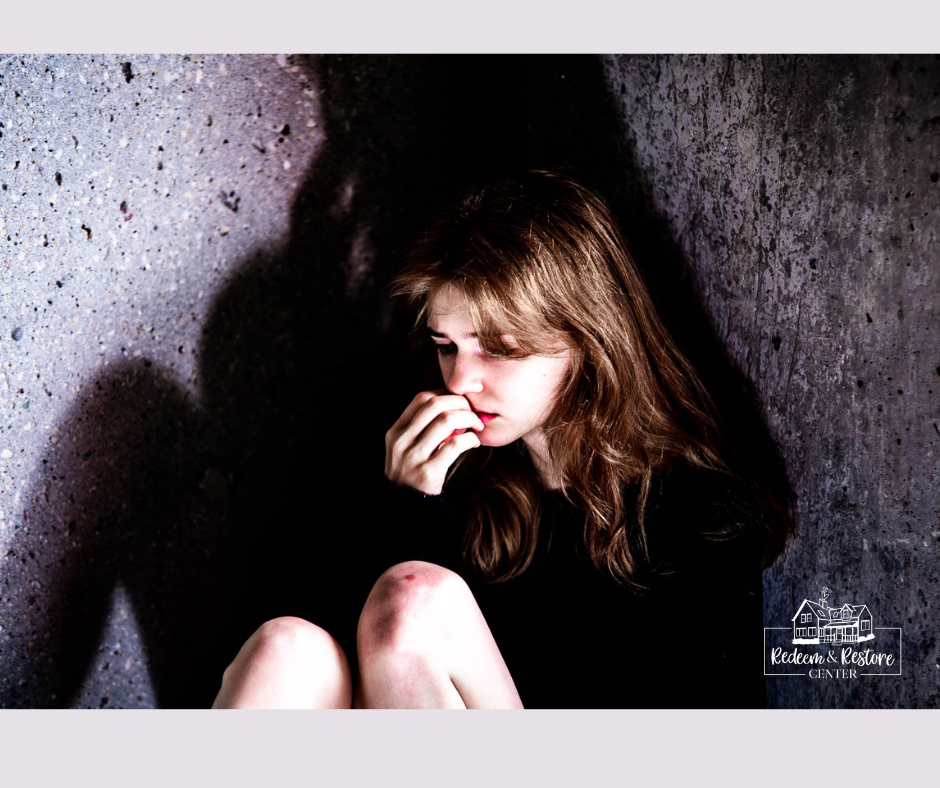Masterful. Sophisticated. Complex. They can be used to describe a musical composition, literary work, scientific theory, or a culinary dish. But not here, not today. Along with calculated, dangerous, ruthless, and violent, these words characterize a $1 billion world-wide industry known as sex trafficking. Wisconsin, all 72 of its counties, is a part of it with the City of Milwaukee seeing the highest number of cases. Worse, sex trafficking continues to grow in our state. It’s second only to drugs as this nation’s leading crime.
Sex trafficking preys on the vulnerable from urban, rural, and suburban areas. At risk individuals include children, women, and men who are, in general, impoverished, facing discrimination, from marginalized communities, homeless, perhaps drug addicted, maybe blackmailed, manipulated emotionally, abused physically, limited by their education.
The more vulnerable individuals are, the greater the likelihood they can be coerced with false promises of love, attention, jobs, money, drugs, shelter, and better lives. After being methodically groomed, victims find themselves in an intricate, disturbing, and abusive relationship with their traffickers—which sometimes includes parents, family members, and friends.

Once in the sex trafficking underworld, most victims find it extremely difficult to escape. Some of them don’t believe they are being victimized, many are very reluctant—if not fearful—of talking to law enforcement or other authority figures, most have been tricked into thinking they have no other options, others have been threatened with harm to family members; shame or guilt keeps other victims silent, as well.
What stops sex trafficking? Eliminating the demand. Here, according to the National Institute of Justice, are ways to achieve a “no buyer, no business” status”:
- “John schools” and “john shaming”
- Reverse prostitution stings (street-level, brothel-based and web-based)
- Community education programs
- Seizing cars involved in purchasing sex and suspending drivers’ licenses
- The Swedish model: focusing on arresting and prosecuting the purchasers of commercial sex
What can you as an individual do to help prevent sex trafficking?
- Educate yourself
- Attend a community program on the topic
- Host a presentation or panel discussion on the topic
- If you see something, say something by calling the National Human Trafficking Hotline at 1-888-373-7888.
- Use your social media platforms to create awareness about sex trafficking. Suggested hashtags are #endtrafficking and #freedomfirst.
- Provide support to trafficking survivors
- Volunteer with and/or donate to an anti-trafficking organization
- Visit the “Take Action”
Here in Waukesha, Wisconsin, the Redeem & Restore Center is committed to the prevention, intervention, and restoration of women who have been trapped into the sex trafficking industry. We walk alongside women in SE Wisconsin, coaching and connecting them to needed resources.
We also have the first Redeemed Home for Women in Waukesha County. It is a 12 to 24-month restorative care home that provides mental, physical, emotional, relational, and spiritual healing for the women.
Contact admin@redeemandrestore.org if you want to learn how to be a part of redeeming and restoring women’s lives.
~ Kimberly Hand
